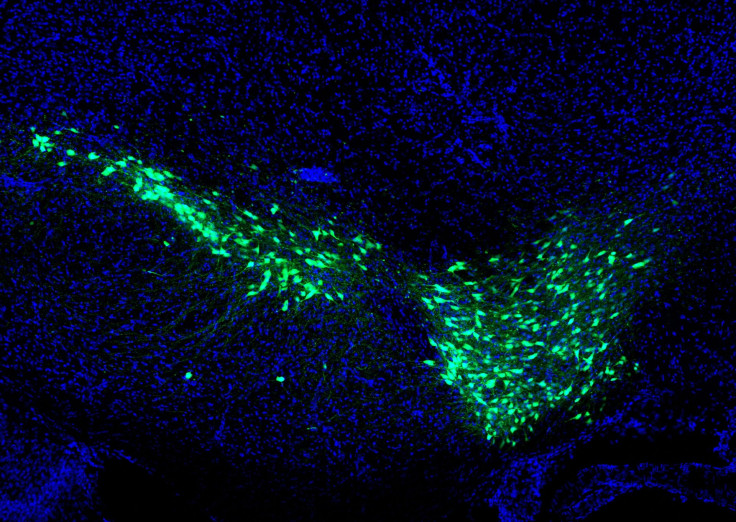Have Scientists Discovered A Mind Control Drug? Using Dopamine To Read Thoughts, Treat Addiction And OCD

Have scientists discovered a mind-control drug? It sounds straight out of a science-fiction novel, but researchers might be able to use the chemical dopamine to read your thoughts, or even change them and affect your immediate actions. But they are not planning to use the power for evil — they say the discovery holds the potential to help people with Parkinson’s disease or obsessive-compulsive disorder (OCD), or who are struggling to overcome a drug addiction.
A study in Neuron says that in a situation where a person has to make a decision about which action to take, levels of dopamine in the brain suggest which choice will be made, and changing those dopamine levels will affect the choice.
Read: ADHD Helps You in Business
Dopamine is one of your brain’s neurotransmitters, which means it is important for sending communication between the cells in your nervous system. In that respect, it can be involved in functions as varied as movement, learning and mood. In the case of Parkinson’s, a neurodegenerative disease marked by issues with motor function, nerve cells are damaged and the dopamine cannot do its job of coordinating movement.
According to the Salk Institute, whose researchers were involved in the study that used brain scans on mice to discover the mind-control mechanism of dopamine, the findings suggest that playing with dopamine levels in someone’s brain could help people with Parkinson’s control their behavior. A similar system could be used to stop the compulsive behaviors of drug addicts and people with OCD.
“Because we cannot do more than one thing at a time, the brain is constantly making decisions about what to do next,” senior author Xin Jin said in the Salk statement. “In most cases our brain controls these decisions at a higher level [rather] than talking directly to particular muscles, and that is what my lab mostly wants to understand better.”
See also:
© Copyright IBTimes 2025. All rights reserved.




















